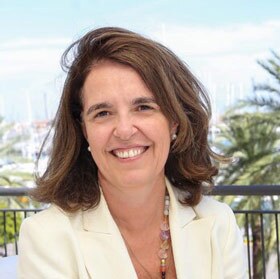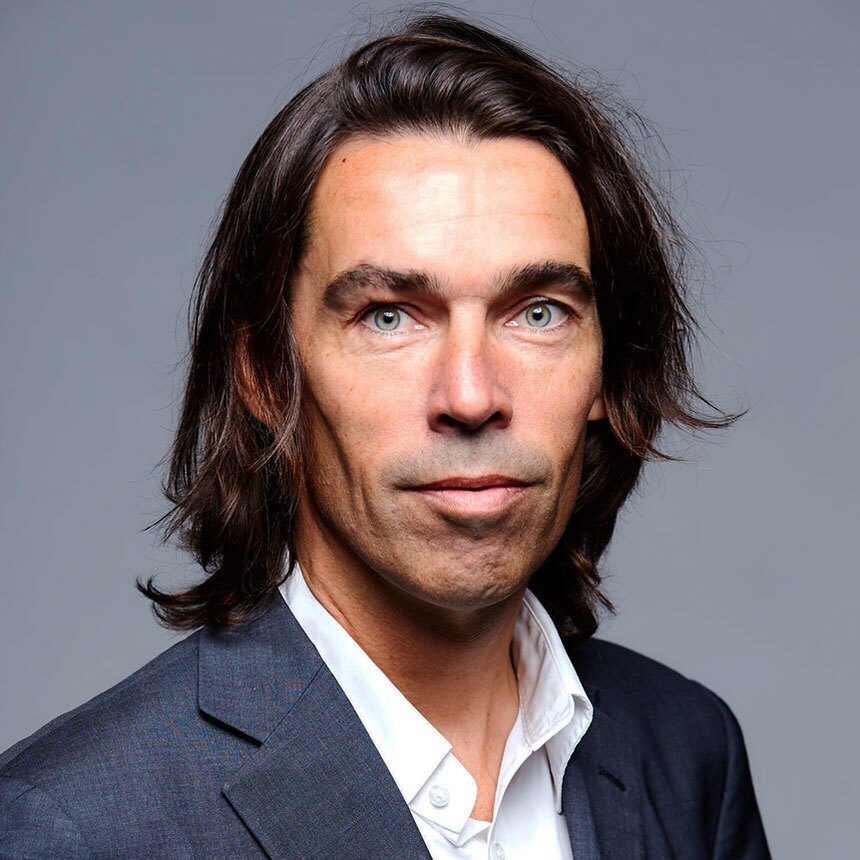Meliá Hotels International continues to refine its approach to sustainability while setting examples for the rest of the hotel industry.
For more than a decade, the Spanish hotel firm has been a pioneer in implementing measures to reduce its energy consumption and carbon emissions by integrating energy efficiency into its business model. Now the company is seeking carbon neutrality by 2050, along with major emissions reductions over the next decade.
“We have been doing this for many years,” said Lourdes Ripoll, Meliá’s vice president of sustainability. “I think that there were very few companies in 2014 that undertook this integration of the business model.”
A lot of Meliá’s success is owed to technology and harnessing it to environmental, social and governance targets, Ripoll said.

“We have had our own environmental department focused on energy and water efficiency and monitoring and controlling that. Now we’re taking that a step further toward a decarbonization of the business model,” she said.
She added the group has systems for actively tracking and observing electricity and water consumption.
“Already, in 2007, we had a proprietary environmental management system designed to enhance energy and water efficiency at our hotels. Since it was launched, [this system] SAVE has allowed the group to significantly reduce consumption," she said. “We know at all times in which cities or hotels we have water stress, and we constantly monitor the energy part of our hotels. Currently, more than 80% of our portfolio uses green energy."
She said that as these long-term climate commitments bear fruit, the sustainability accolades have rolled in.
Last year, market intelligence group S&P Global hailed Meliá as the most sustainable hotel group in Europe with an ESG score of 73. Two years earlier, it voted the company as the most sustainable hotel group in the world. Meliá also appeared on Time’s list of the “World's Most Sustainable Companies of 2024,” winning in the tourism category.
Both rankings take into account Meliá’s certification and a detailed assessment of its performance on ESG risk management.
The group says more than half of its 400 hotels worldwide have certification from Madrid-based Ecostars. Ecostars' scheme rates hotels by the environmental impact per stay and is recognized by the World Tourism Organization and Global Sustainable Tourism Council, though not by the European Union.
Ripoll said 215 of its hotels are certified, with a goal to achieve more.
"We are committed to achieving carbon neutrality by 2050, with a goal to reduce 71% of our emissions by 2035," she said.
The start of a trend
Ripoll said other hotel firms have taken notice of Meliá efficiency measures and it is no longer a lone pioneer.
Many independent and branded hotels are seeking net zero carbon emissions as the gold standard.
IHG Hotels & Resorts’ target is for all new-build hotels “to operate at very low/zero carbon emissions by 2030.”
Australian group Pro-Invest, which has a growing presence in Europe, has a 2030 net-zero target for its Asia-Pacific hotels. Accor brand Mövenpick claims to be "the world's most Green Globe-certified hotel group" with 75% of properties having gold or platinum status.
"I think Meliá is doing a lot of good things but not necessarily anything unique that others aren’t doing,” said Steve Newman, a sustainability consultant to the hospitality industry, who previously spent nine years in sustainability roles at Banyan Tree Hotels & Resorts.
“Melia has declared a near-term target, and they have a Scope 3 target," he said. Scope 3 focuses on reducing indirect greenhouse gas emissions that occur throughout the value chain.
Newman explained that emissions offsets, which Meliá and other companies do, are counted for "residual, hard-to-eliminate emissions," but are not counted toward net-zero goals.
Net zero can be achieved when a company completely offsets its total emissions across all scopes: Scope 3 described above; Scope 2, which includes indirect emissions from purchased energy; and Scope 1, which includes direct emissions through operations.
As it moves toward net zero, Meliá has reported it is working on reducing emissions across the board, with targets of 51% cuts in Scope 1 and 2 emissions by 2035, and 21% cuts in Scope 3 emissions.
A “key criterion” in the S&P rankings is a company’s carbon disclosure project, or CDP, scores, Newman said.
“The methodology is sound but limited in scope. Still, it’s an indicator of those who are going through some strict and regulated review. I think there are many other companies that disclose their ESG performance to national exchanges, following strict governance, that were not considered in the scoring because they aren’t registered with CDP or the Science Based Targets Initiative,” Newman added.
Meliá’s sustainability efforts have also been certified by Green Globe and EarthCheck, measuring key sustainability metrics such as carbon emissions, energy usage and social impact.
Resorts, not last resorts
Francisco Benedito, CEO of Miami-based carbon-credit marketplace ClimateTrade, said “Meliá distinguishes itself by integrating sustainability initiatives deeply into its business strategy. … The strategic investments in sustainability have led to long-term financial gains.”
Hoteliers increasingly see carbon offsetting and carbon credits as useful tools but ones that should be deemed as last resorts.
Meliá offsets its emissions through ClimateTrade “as a complement, not a substitute,” Benedito said.
“For Meliá, carbon offsetting is part of a broader strategy that includes real emissions reductions. They focus on energy efficiency, renewable energy, sustainable practices and certification before offsetting residual emissions," he said.
He also said the Spanish firm has been a leader “with its early adoption of green technologies.”
Meliá now is focusing on pursuing a decarbonization strategy across all operations, harnessing artificial intelligence to improve energy efficiency, reducing its carbon footprint and transitioning to a low-carbon economy, Ripoll said. For example, “reducing [carbon dioxide] emissions by optimizing energy consumption in air conditioning using AI.”
Meliá was founded in Spain’s Balearic Islands. Its hotel there, Menorca’s 159-room Villa Le Blanc Gran Meliá, is one Ripoll calls “something of a prototype … [a hotel] to lead the transition toward net-zero emission hotels.”
Waste management remains one of the biggest challenges, which the group is working on, she said. One example is a project in Mallorca that promotes the recycling of organic waste into compost for the local agricultural sector, which is then repurchased by the hotels to reintroduce into their supply chain.
This is the kind of thing that makes Meliá stand out, Benedito said.
“Meliá’s proactive measures and transparency set a benchmark. … It reports its environmental impacts comprehensively, fostering trust and accountability,” he said.
While Meliá may be a frontrunner, it is no longer alone.
Another Spanish group, Ilunion Hotels, is developing a decarbonization strategy for its 31 hotels focusing on renewable energies and energy efficiency measures.
All of its properties have Ecostars certification and most have BREEAM certification.
Sustainability underpins its strategic management plan, said José Ángel Preciados Fernandez, CEO of Ilunion Hotels.
“Companies without a sustainable approach will be left standing on the sideline," he said.
Elena Martín Cuesta, the group’s director of sustainability, said, “we want to be recognized as the best organization within the hotel sector and provide a benchmark in sustainability."
Meliá also is now focusing on sustainability in design and construction as it makes decarbonizing hotels. Some of its newer or retrofitted properties have achieved LEED certification for sustainable building practices.
Not all hotels can afford to take such steps on sustainability, said Benedito.
“Many hotels face barriers like high upfront costs for retrofits, lack of expertise in sustainability or insufficient regulatory incentives,” he added.


